Expert Critics
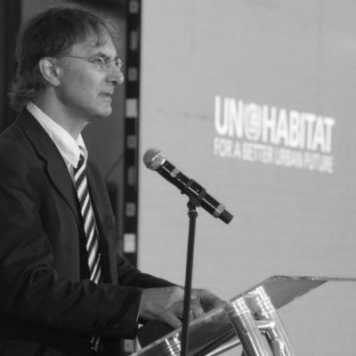
Claudio Acioly is the Head Capacity Building at UN-Habitat (United Nations Human Settlements Programme). He is an architect and urban planner, a development practitioner with more than 30 years of experience in planning, design, management, implementation and evaluation of housing and urban development policies and projects in over 25 different countries. His career spanned from theory and practice in a continuum from active professional engagements to academic works in post-graduation education and problem-solving courses linking urban planning, housing, urban regeneration and slum upgrading. Next to his practical experience, he also wrote, published and lectured extensively on several city and urban development topics building an extensive academic curriculum. He is the author of books and articles dealing for example with housing development, planning and designing slum upgrading, urban informality, urban densities, strategic planning and participatory urban management.
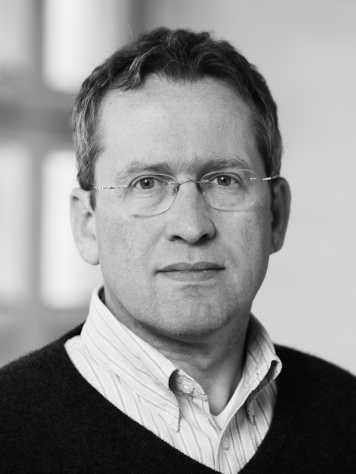
K.W. Axhausen is Professor of Transport Planning at the Eidgenössische Technische Hochschule (ETH) Zürich. Before he worked at the Leopold-Franzens Universität, Innsbruck, Imperial College London and the University of Oxford. He has been involved in the measurement and modelling of travel behaviour for the past 35 years contributing especially to the literature on stated preferences, micro-simulation of travel behaviour, accessibility, valuation of travel time and its components, parking behaviour, activity scheduling and travel diary data collection. Current work focuses on the agent-based micro-simulation toolkit MATSim

Jacqueline Badran founded Zeix AG with Peter Hogenkamp and René Sturny in 2000. She originally studied Biology with a focus on Neurobiology and Behavioural Science at the University of Zurich (dipl. phil.II), and later went on to study Economics and Political Sciences at the University of St. Gallen (lic.rer.publ.HSG). Since 2011, she has been a member of the Swiss Parliament.
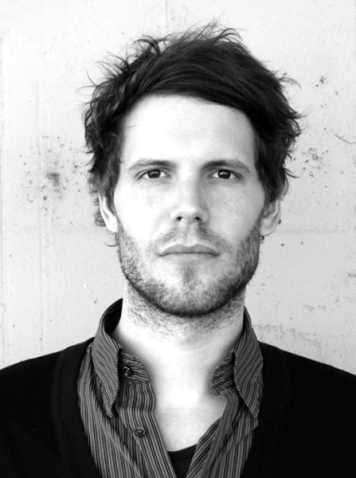
Sascha Delz is an architect and researcher working at the intersection of architecture, urban design and urban studies. He holds a Master degree in Architecture and a Doctor of Sciences from ETH Zurich. After practicing as an architect in New York and Switzerland, he worked as design instructor and researcher at the Department of Architecture of ETH Zurich, and the Future Cities Laboratory in Singapore. While his dissertation investigated urban transformations under the premise of international development cooperation in Ethiopia, he currently collaborates on a research project that explores the potential of cooperative housing for inclusive urban development in developing, emerging and industrialized contexts.
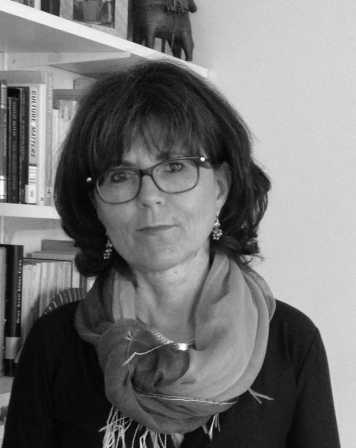
Jennifer Duyne Barenstein is a social anthropologist specialized in socio-cultural dimensions of housing and urbanization, displacement, resettlement, and post-disaster reconstruction. Between 1999 and 2008 she was a senior lecturer at the Department of Social Anthropology of the University of Zurich and from 2004-2016 at the University of Applied Sciences of Southern Switzerland, where she founded and directed the World Habitat Research Centre. She has directed several international research projects in South- and South-East Asia and Latin America and was a senior consultant for various international organisations including UN Habitat, the World Bank, FAO, IFAD, SDC and DFID. She joined the ETH CASE in 2016 as a senior researcher and lecturer and currently is directing the MAS ETH in Housing.
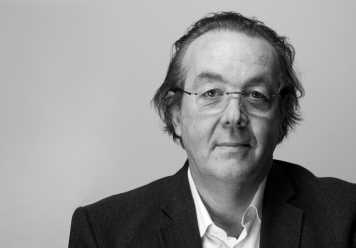
Christophe Girot M.Arch & M.L.Arch. (U.C. Berkeley) is the Dean elect of the Department of Architecture at the ETH and Full Professor and Chair of Landscape Architecture at the ETH Zürich since 1999. He was Chair of Landscape Architecture at ENSP Versailles from 1989 to 1999.
His teaching and research interests span three themes 1) New topological methods in landscape design; 2) Landscape analysis and representation in new media; and 3) Contemporary theory and history of landscape architecture. His professional practice focuses on large-scale sustainable landscape environments. His book “The Course of Landscape Architecture” was published by Thames and Hudson in 2016.
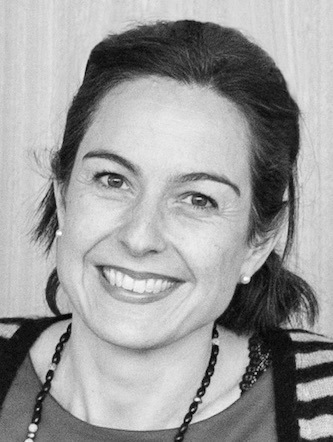
Marie Glaser is director of the ETH Wohnforum – ETH CASE Centre for Research on Architecture, Society and the & built Environment at the ETH Department of Architecture. She studied European cultural anthropology in Munich, Washington D.C. and Vienna and is educated in inter- and transdisciplinary research collaboration and museum studies. Her research, her publications and teaching focus on social and cultural history of housing, access to affordable and adequate housing for different groups, innovations in sustainable housing. Recently she is working on an international research project on geographies of age in housing (2017-2020) and she is one of the PIs in the European HERA joint research project Public Space in European Social Housing (PUSH) (2019-2022).
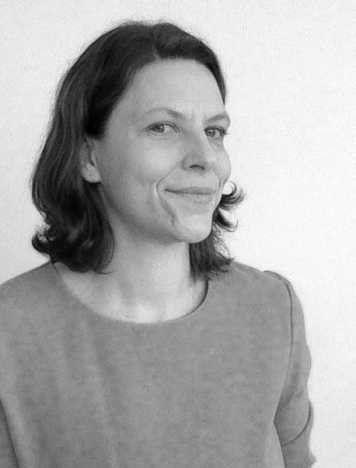
Tanja Herdt is a registered architect and urban designer with an emphasis on sustainable urban design, mapping as well as history and theory of the city. As head of urban design at Metron and head of research in sustainable urban settlement at ETH-Wohnforum she is active in practice and research. She studied architecture and urban design at the TU- Darmstadt with the degree of Dipl.-Ing. and received her doctorate from the department of Architecture of ETH Zurich. In her research, she is focusing on the social and environmental effects of urban transformation, the future design of housing and public space, as well as socio-spatial issues in regard to building culture and the common good. Digital mapping techniques play a central role in her interest to inform the design of urban space, enhance collaboration and foster the exchange of knowledge. For her studies on Cedric Price and the legacy of modern functionalist planning she received scholarships form the Swiss National Science Foundation and the Canadian Centre for Architecture in Montréal. Her work was recently published under the title The City and the Architecture of Change at Park Books.
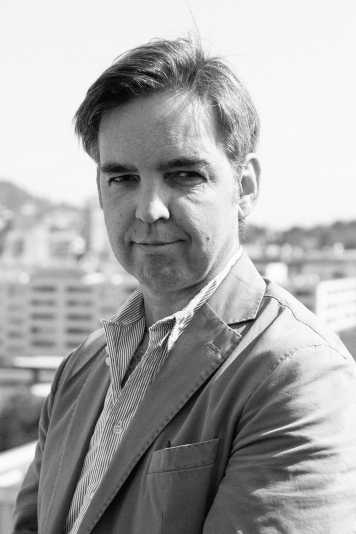
Hubert Klumpner co-founded the architecture firm Urban-Think Tank (U-TT) in Caracas, Venezuela, where he built numerous research-driven projects including the Gimnasio Vertical and MetroCable transport system. A professor of architecture and urban design at ETH Zurich since 2010, Klumpner holds the chair for Architecture and Urban Design, and leads committes at the ISTP (Institute for Science, Technology and Policy), as well as the Wohnforum, both at ETH. Together with his partner, Alfredo Brillembourg, Klumpner has received the 2010 Ralph Erskine Award, the 2011 Holcim Gold Award for Latin America, 2012 Venice Biennale of Architecture Golden Lion, and the 2012 Holcim Global Silver Award for innovative contributions to ecological and social design practices. He currently oversees a slate of projects to be built in Colombia, including an art school and community centre in Barranquilla, the Fabrica de Cultura.
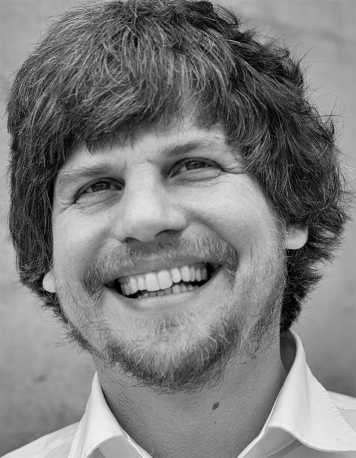
Matt Nohn is an urban economist and development planner with more than 15 years of professional experience in over 30 countries. An expert for poverty reduction in rapidly growing cities, Matt conceptualized Rapid Urbanism: a methodological framework for addressing the housing, land, infrastructure, transportation, employment, environment, finance and governance conundrum. His work bridges smoothly between practitioner activity and academic research, continuously advancing Rapid Urbanism. Matt has advised any level of urban actor, ranging from SEWA – a labour union of 3 million informally employed women – over think tanks and private sector entities to governments and international agencies – including The World Bank, UN-Habitat, Cities Alliance, GIZ and Gates Foundation – in all world regions. A bricklayer by training, Matt is a Loeb Fellow in Advanced Environmental Studies (Harvard GSD) and serves as adjunct faculty and critic at leading universities, as well as holds postgraduate degrees in Public Policy (Harvard HKS), International Affairs (Stiftungskolleg) and Architecture and Planning (TU Darmstadt).
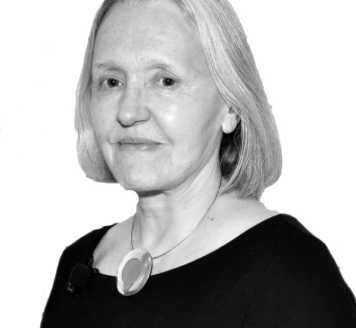
Saskia Sassen is the Robert S. Lynd Professor of Sociology and Member, The Committee on Global Thought, Columbia University (www.saskiasassen.com). Her latest books are the 5th fully updated edition of Cities in a World Economy (Sage 2018) and Expulsions: Brutality and Complexity in the Global Economy (Harvard University Press 2014, now out in 18 languages.) She is the recipient of diverse awards, including multiple doctor honoris causa, the Principe de Asturias 2013 Prize in the Social Sciences, and made a Foreign Member of the Royal Academy of the Sciences of Netherland.

Daniela Thurnherr is dean and professor of public law at the University of Basel. In addition, she acts as a judge at the appellate court of the Canton of Basel-Stadt, thereby dealing inter alia with building and land use regulation law . She studied law at the University of Zurich and at Yale Law School. Her research and teaching focus on administrative law, public procedural law as well as environmental and and land use regulation law. She is, among others, co-editor of a definitive book on Swiss building and land use regulation law Since 2016, she is a member of the Rat für Raumordnung, a permanent extraparliamentary commission advising the Federal Council and federal authorities in questions of spacial development. She also supervises several Ph.D. projects on questions of spacial planning law.
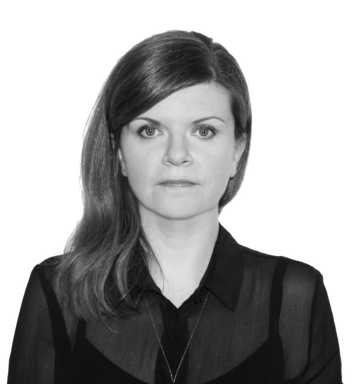
Milica Topalovic is Associate Professor of Architecture & Territorial Planning at the Swiss Federal Institute of Technology ETH Zurich. She held research professorship at the ETH Future Cities Laboratory in Singapore from 2011-15, and was head of research at the ETH Studio Basel Contemporary City Institute from 2006-11. Her research and teaching focus on territorial urbanization processes, in particular the relations between cities and their hinterlands. She graduated with distinction from the Faculty of Architecture in Belgrade and received a Master’s degree from the Dutch Berlage Institute with thesis on Belgrade’s postsocialist urban transformation. With ETH Studio Basel she authored Belgrade. Formal / Informal: A Research on Urban Transformation examining an extraordinary case of informality in the global north, and the Inevitable Specificity of Cities, on territory, power and difference in cities and regions including Hong Kong, Casablanca and the Nile Valley. She is working on the forthcoming book Hinterland: Singapore Beyond the Border. With Architecture of Territory she contributes to territorial consultation process “Prospecitve Visions for Greater Geneva” coordinated and supported by Foundation Braillard.
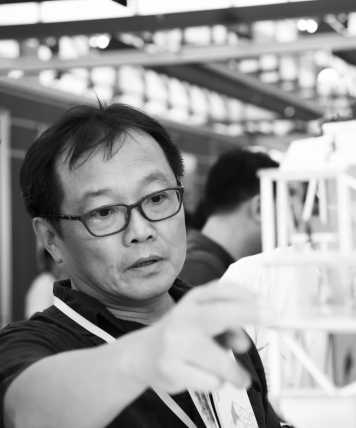
Wang Weijen, FHKIA, AIA, HKIUD, Design Director of Wang Weijen Architecture and Andrew KF Lee Professor at Department of Architecture, University of Hong Kong. He is also Director for Center of Chinese Architecture and Urbanism at HKU, and Lead Curator of 2018 Venice Architecture Biennale for Hong Kong Exhibition. He was Head of Department at HKU from 2012-2016, Visiting Professor at University of Montreal and MIT, Curator of 2007 Hong Kong Biennale of Architecture/Urbanism. Received MS and BS National Taiwan University, and MArch from UC Berkeley in 1987, he was the Associate of TAC San Francisco and joined University of Hong Kong in 1994. His projects won Awards from HKIA, AIA, Japan Good Design Award, Far Eastern Architectural Award, China Architectural Media Award, WA Architectural Award, as well as Green Building Award. With research focuses on typology and transformation of Chinese Architecture and Cities, his works and articles published in Domus, Mark, Stradt Bauwelt, T+A, TA, WA, Dialogue, and UED, including books of Refabricating City; Regenerating Patio; and monograph issues of Urban Courtyardism.
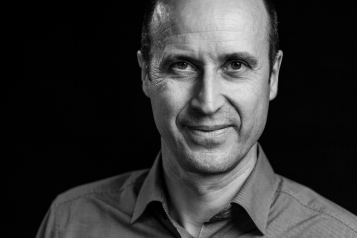
Christian Werthmann is a Professor at the Institute of Landscape Architecture, Leibniz University Hannover. Werthmann accumulated extensive professional and academic experience in Europe and the United States. In his academic work, he develops strategies for landscape and public space in self-constructed neighborhoods, - a line of research that he initiated at the Harvard Graduate School of Design. His latest book “Metropolis Nonformal” (together with Jessica Bridger) presents 25 viewpoints of experts towards the global phenomenon of informal urbanization. Since 2013 he coordinates the Informal Urbanism Hub of the UN-Habitat University Initiative.